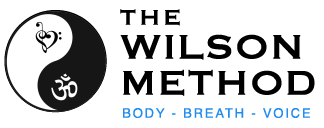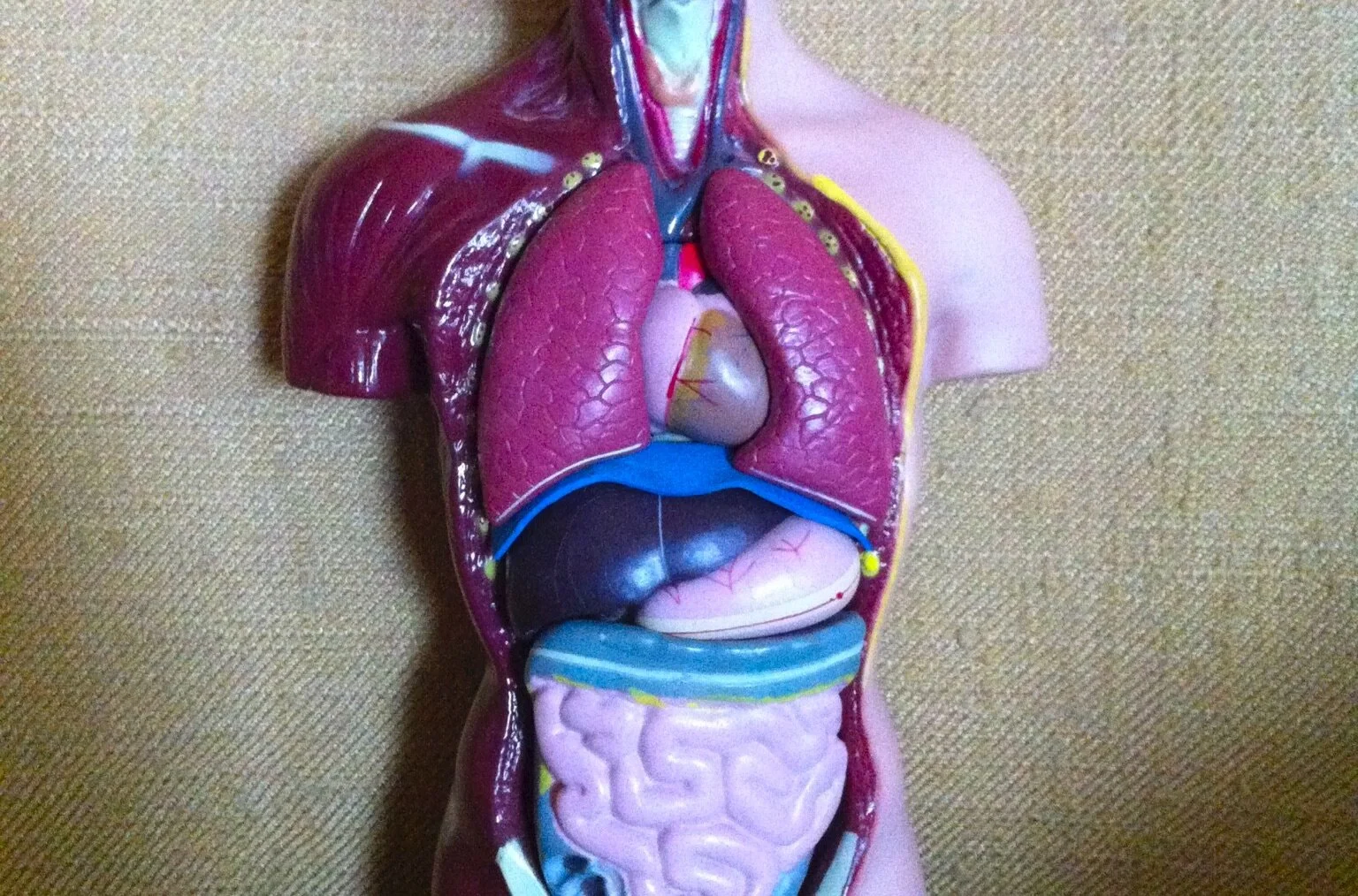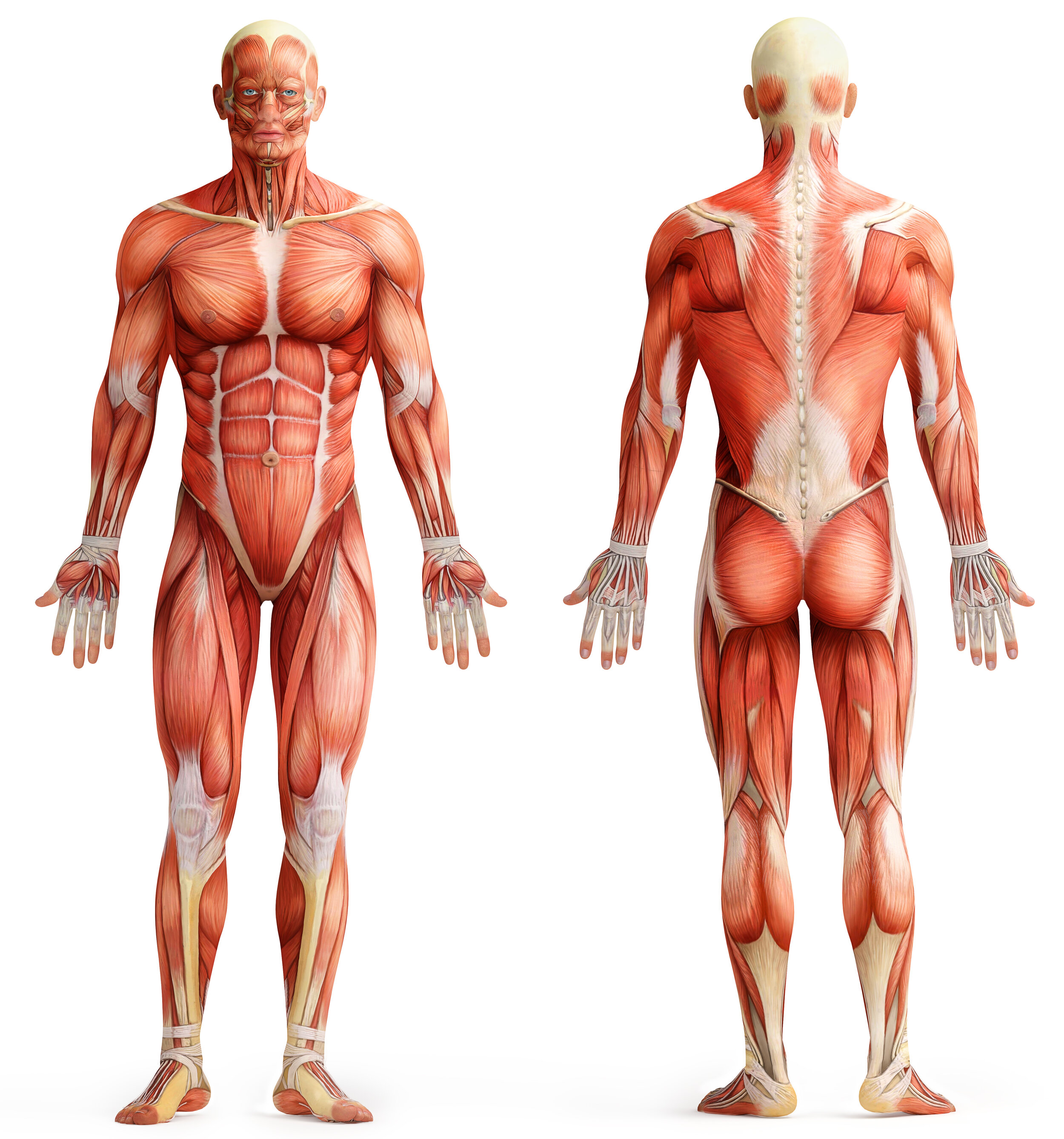Is it possible some of our University-level Vocal Pedagogy courses require an overhaul?
It sure seems that way to me.
Our entire body and mind is our functional vocal mechanism.
If we spend 90% of vocal pedagogy classes talking about the larynx and surrounding muscles, the young singer assumes that’s where the work is, so will effort costally when singing and therefore manipulate intrinsic muscles that (assuming effective appoggio and proper character work) would otherwise take care of themselves, leading to tension and strain.
If the student is dealing with any major personal issues that have an immediate detrimental affect on the voice (asthma, anxiety, stomach issues) we should be addressing those mental and physiological repercussions first. By working with the respiratory and core systems first doing this we get much more immediate results - we get a better and happier singer, faster by working from the causes, not the symptoms. By symptoms I mean issues with legato, tone, pitch, vowels… issues that have nothing to do with the laryynx, and everything to do with fascial, muscular, postural and cardiovascular issues that affect the larynx. This process is much more effective and fulfilling, and saves a ton of studio time.
Most vocal problems have nothing to do with the voice. That may be where an issue presents - but not originates. The laryngeal mechanism does not operate in a vacuum. Most placement, vowel and register challenges are caused by incorrect thinking and issues in the respiratory, musculo-fascial and diaphragmatic systems, aka well below the voice box.
This is being diagnosed more and more in singing studios... the landscape is improving, however we have a long way to go in educating singing teachers on the full trauma-informed body-mind-nervous system-fascia pedagogy of phonation so that it is the foundation of the University-level Vocal Literacy canon
Cranial nerves. Emotional Anatomy. Integrative Body Psychotherapy. Vagus and Phrenic nerves. Myo-fascial work. Deep Core Empowerment. Osteopathy. Breath Therapy. Trauma-informed Movement for Resiliency, and Restorative Yoga.
These sciences will, one day, be an integral part of Vocal Pedagogy.
On Traditional Vocal Pedagogy
The Vocal Mechanism






























